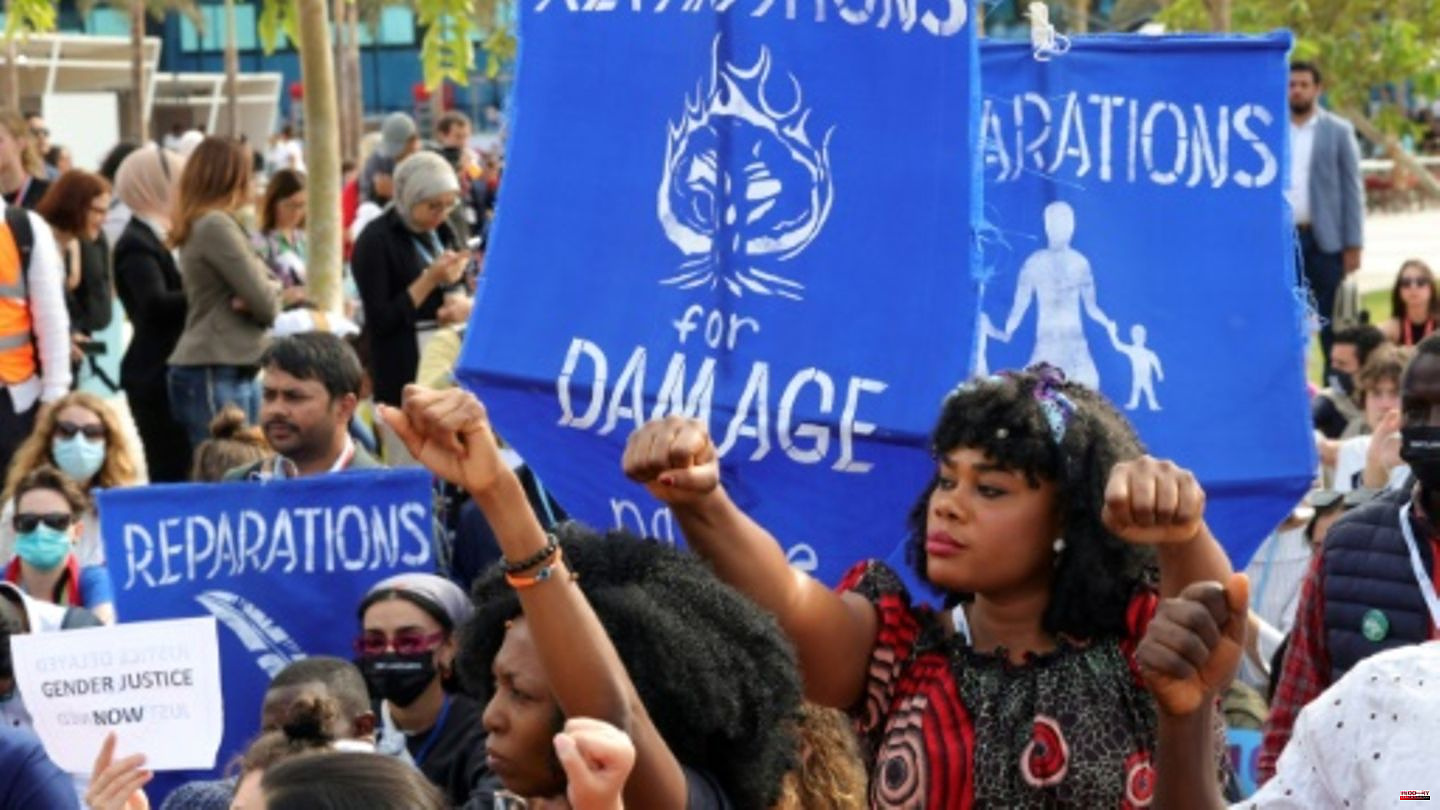Baerbock said it had succeeded in defending the goal of limiting global warming to 1.5 degrees. What is frustrating, however, is that "due to the blockade by some major emitters and oil-producing countries, overdue steps to reduce and phase out fossil fuels have been prevented." EU Commission Vice-President Frans Timmermans expressed his "disappointment" at the insufficient climate protection ambitions of many countries.
UN Secretary-General António Guterres criticized that the conference had not presented the necessary plan for "drastic emission reductions". "Our planet is in the emergency room," he underlined the urgent need for action in the fight against global warming. After all, the new climate damage fund is a "step towards more justice".
The conference had previously reaffirmed the goal of limiting global warming to 1.5 degrees. It has also been recognized that this requires "immediate" and "sustainable" reductions in greenhouse gas emissions. These are expected to fall by 43 percent by 2030 compared to 2019 levels. However, an action program to reduce emissions remained just as vague as calls to abandon all fossil fuels and to expand renewable energies.
After publication of the final declaration, the federal government promised to contribute to compliance with the 1.5 degree limit with decisive measures. “The mandate from the Paris climate agreement is all the more relevant now: to work persistently in specific projects to actually curb global warming,” emphasized Climate Protection Minister Robert Habeck (Greens) in a statement with the other ministers responsible for climate policy.
To compensate for climate-related damage, delegates launched a fund, as developing countries and small island states have long called for. The EU and other industrialized countries managed to limit support to particularly vulnerable countries. The Alliance of Small Island States (Aosis) praised the agreement on the climate damage fund as "historic".
Specifically, it was decided to set up a commission to set up the fund, whose recommendations will then be discussed at the next UN climate conference in Dubai at the end of 2023. No decisions were made on the sensitive question of the financial structure and the group of payers.
For the time being, the EU was not able to assert itself with demands that China should also be assigned to the group of contributors. After the COP27, Federal Development Minister Svenja Schulze (SPD) promised that Germany would "play its fair share in dealing with climate damage". When it comes to the specific design of the fund, she will insist "that everyone who helped cause the climate disaster has to pay in."
Martin Kaiser from Greenpeace Germany criticized that the climate damage fund was only "a small plaster on a huge gaping wound". Since the COP27 had not made a "clear decision on the urgently needed phase-out of coal, oil and gas", they risked "negligently complying with the 1.5-degree limit". The German Nature Conservation Union (Nabu) also considers the 1.5 degree target to be “increasingly unlikely”. The German Association for the Environment and Nature Conservation (BUND) also rated the result of the conference as "extremely sobering".
The Egyptian conference presidency was widely criticized for being intransparent and not ambitious enough. COP27 President Sameh Schukri said he had at least managed to prevent a fall behind what had been achieved so far.
The conference had been extended because of the many questions that remained unanswered until shortly before the end. On Saturday, it even looked like failure at times when the EU called for more ambitious emissions targets in drastic terms.












